Search
Remove Ads
Advertisement
Summary 
Loading AI-generated summary based on World History Encyclopedia articles ...
Search Results
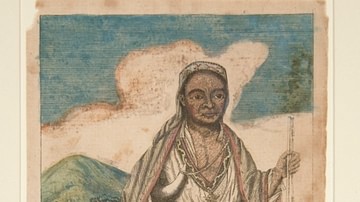
Definition
King Philip (Metacom)
Metacomet (also known as King Philip and Metacom, l. 1638-1676) was chief of the Wampanoag Confederacy between 1662-1676, best known as the leader of Native American forces during the conflict known as King Philip’s War (1675-1678) during...
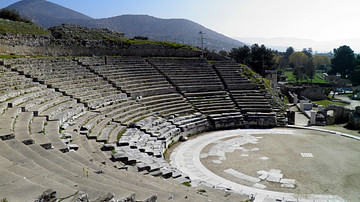
Article
Macedonian Colonization Under Philip II
Philip II of Macedon (359-336 BCE) envisaged a broad Macedonian kingdom and his colonial expansion resulted in the forging of an empire that his son Alexander the Great (r. 336-323 BCE) would use as a springboard for even greater things...
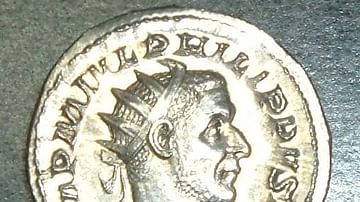
Definition
Philip the Arab
Philip the Arab ruled as emperor of the Roman Empire briefly from 244 CE to 249 CE. In 244 CE Roman emperor Gordian III responded to an uprising in the eastern provinces instigated by the Persian king Shapur. Under the superb leadership of...
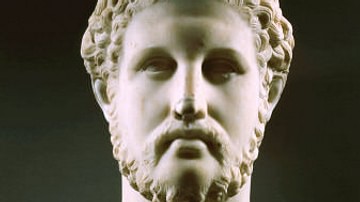
Definition
Philip II of Macedon
Although he is often only remembered for being the father of Alexander the Great, Philip II of Macedon (reigned 359 BCE - 336 BCE) was an accomplished king and military commander in his own right, setting the stage for his son's victory over...
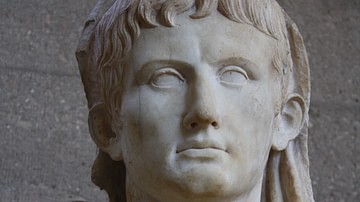
Definition
Augustus
Augustus Caesar (27 BCE - 14 CE) was the name of the first and, by most accounts, greatest Roman emperor. Augustus was born Gaius Octavius Thurinus on 23 September 63 BCE. Octavian was adopted by his great-uncle Julius Caesar in 44 BCE, and...
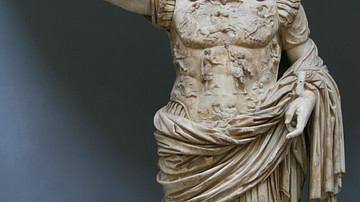
Article
Reforms of Augustus
Emperor Augustus (27 BCE – 14 CE) accomplished much during his time on the Roman throne, far more than many of his successors. According to historian Mary Beard in her book SPQR, he transformed the structures of Roman Empire, including its...

Article
The Principate of Augustus
Augustus (r. 27 BCE to 14 CE), as the adopted son and heir of Julius Caesar (100-44 BCE), brought an end to the Roman Republic, and on 16 January 27 BCE, by Senatorial decree, he became the first Roman emperor. However, he would not be addressed...
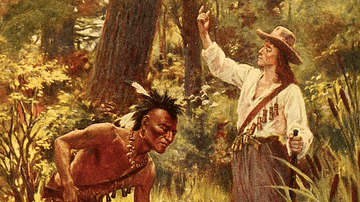
Definition
King Philip's War
King Philip’s War (also known as Metacom’s War, 1675-1678) was a conflict in New England between a coalition of Native American tribes organized under the command of Metacom (also known as King Philip, l. 1638-1676), chief of the Wampanoag...
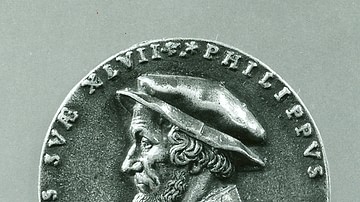
Definition
Philip Melanchthon
Philip Melanchthon (l. 1497-1560) was a German scholar and theologian who provided the intellectual rationale and systematized theology for the reformed vision of Christianity of his friend Martin Luther (l. 1483-1546). He was always overshadowed...

Definition
Weetamoo
Weetamoo (l. c. 1635-1676, also known as Namumpum, Tatapuanunum, Wattimore, Weetthao) was a female chief of the Pocasset Wampanoag tribe as well as a War Chief in King Philip's War (1675-1678), during which she established herself as a great...